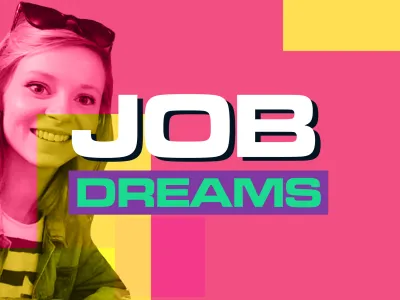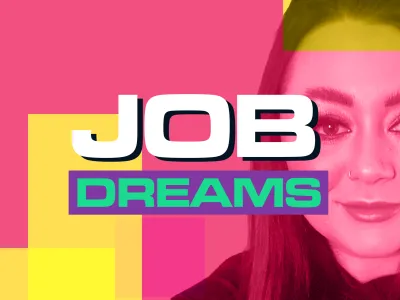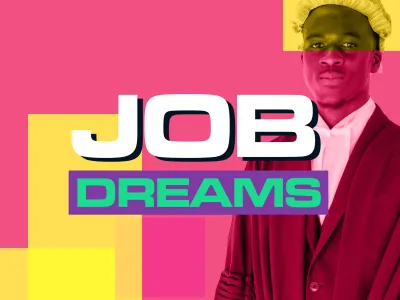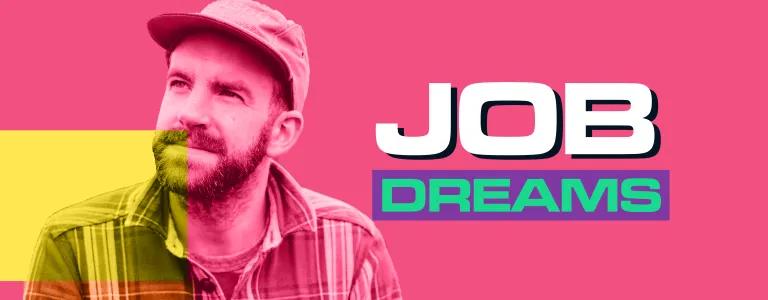
Job Dreams: User Experience Designer
Include this article in your Skills Builder Journal. It could help you develop...
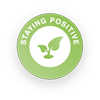
As part of our Job Dreams series, we speak to professionals from different careers and share their advice with you. Last month, we learned what it's like to be a mental health advisor. And this month we met Drew, who told us what it’s like to be a user experience designer…

What do you do?
I’m a User Experience Designer, leading a team of four at Which? That means I'm responsible for making sure that users - or people as I prefer to call them! - are the focus of the processes we use to design products and services such as websites, apps, and tools. I work with our user research team to understand the real problems people face, how they think about them and come up with design solutions, using pen and paper or a program called Sketch, that tackle those problems in a meaningful and usable way. I also build prototypes to test those solutions by getting people to 'user test' them and then provide feedback - usually in a lab setting, but now mainly using video calls. I then take this feedback to refine the solutions so that they are as effective as possible. This process never really stops as we measure how well things work and try to make improvements regularly
Can you tell us what your day-to-day is like?
I start with stand-ups for the projects I’m involved with, then the rest of the day is spent planning work, completing work, discussing work with product managers, facilitating sessions with stakeholders and leadership teams, reviewing work, conducting 1-2-1 sessions with my team and working on the team strategy.
What do you love most about your job?
My favourite part is facilitating problem framing sessions with teams and stakeholders. I really enjoy getting people to think deeply about what problems they are trying to solve. And I love it when they change the way they see the problem by getting a fresh perspective.
What do you find most challenging?
Planning is probably the biggest challenge for me! Mainly because I tend to plan in my head and don’t always share with people.

What did you see yourself doing when you were a kid?
I wanted to be an engineer or a furniture maker when I was at school.
What challenges did you face in reaching where you are today?
Having to learn the skills needed to do the job after I left uni, because my course wasn’t specific enough for any one role, so I spent some time doing different things like IT support, front end development and information architecture, before I found a home in UX design.
If you weren’t doing what you do, what do you think you’d be?
I’d like to be working outside. I spend too much time indoors on a computer and I generally look like a lumberjack at work...so I’d like to do something for the forestry commission or the national parks authority, like a park ranger. Although I’d have to learn to drive first!
Where do you see yourself going next?
I’m currently undertaking academic study alongside employment, so there are probably two routes I’m thinking about. At work I’m really interested in learning more about how problems are solved using policy at government level, and becoming involved in this area. And academically I’m interested in acts of memorialisation and commemoration. Through this I’d like to get a better understanding of how these acts influence the thoughts and behaviours of individuals, groups and societies.

What do you know now that you wish you’d known when you first left school?
You can succeed as a designer even if you haven’t studied art! I couldn’t do a design course at uni because of this.
What advice would you give someone interested in joining your industry?
Humans have been designing things for thousands of years. UX is about facilitating that process. So it’s more about showing people how to think, than telling people what to think.
What’s the best piece of professional advice you’ve been given?
The limitations that you feel have only been put there by you.
What quote do you live by?
“Noone on this planet can tell you what to believe” - John Grant


